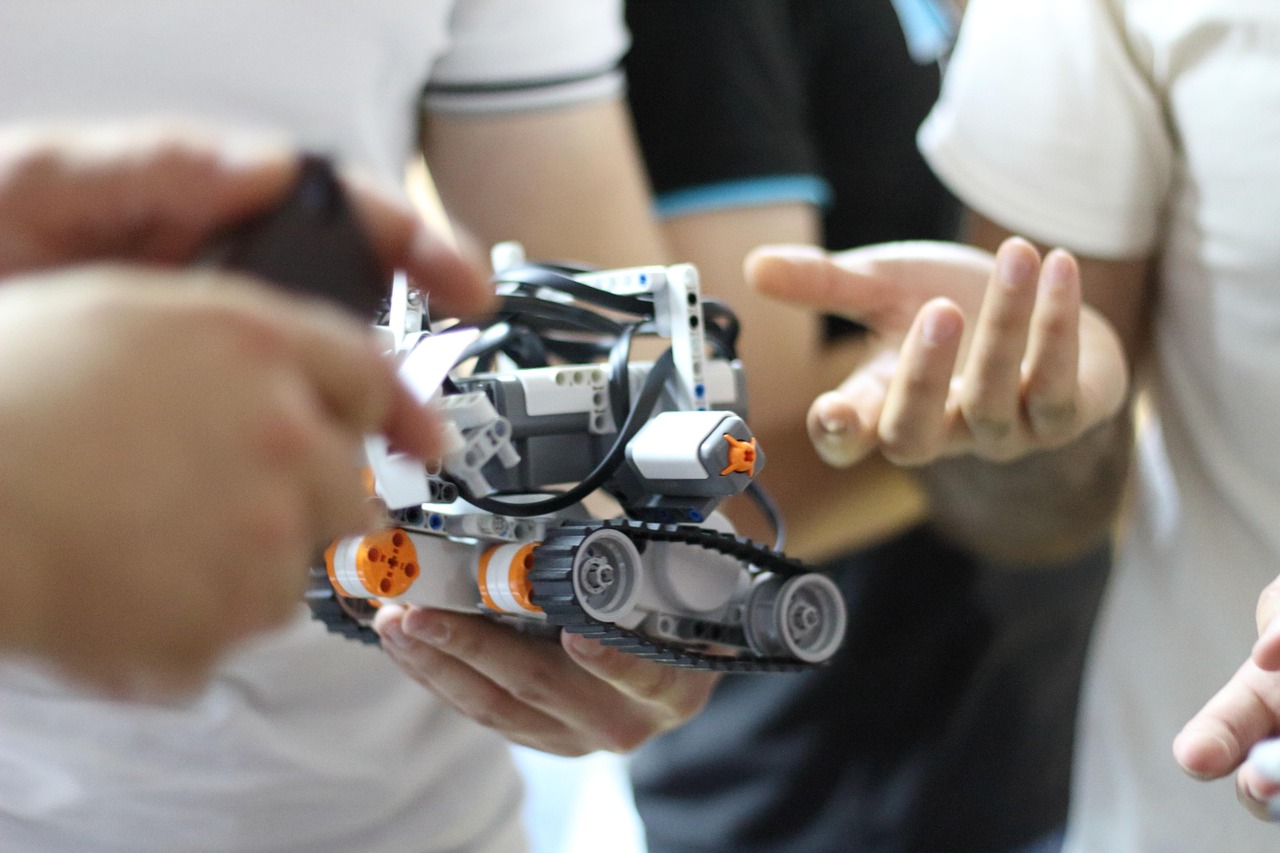Context and Problem
Despite the continent’s growing youth population and potential for technological innovation, access to high-quality STEM education and opportunities remains limited for many. This gap hinders individual potential and slows the pace of Africa’s contribution to global technological advancements. Traditional education systems often lack resources, infrastructure, and hands-on learning opportunities crucial for fostering robotics and engineering skills. The Pan-African Robotics Competition (PARC) addresses a critical need for developing Science, Technology, Engineering, and Mathematics (STEM) education in Africa.
Solution
PARC provides a dynamic platform for young innovators to engage in hands-on robotics challenges that simulate real-world science and engineering applications. Founded to inspire and empower African youth, the competition invites middle and high school teams from across Africa and its diaspora to participate in three leagues: Tech, Stars, and Makers. Each league challenges participants to design, build, and present robotics solutions addressing topics relevant to Africa’s sustainable development.
The 2024 competition in Senegal brought together 94 teams from 25 African countries under the theme, "The Future is Now." Participants tackled EnergyTech challenges, reflecting Africa's urgent need for innovative energy solutions. The competition fosters collaboration, critical thinking, and technical skills through a structured judging process based on poster presentations, oral pitches, and robot design and performance. By integrating mentorship and scholarships into its framework, PARC ensures long-term support for its participants. Over 20,000 scholarships were offered this year alone, enabling many young innovators to pursue further STEM education and careers.
Impact
Since its inception, PARC has educated over 2,500 African youth in STEM and expanded from seven West African countries to include participants from 37 countries across Africa and its diaspora. The 2024 edition engaged 2800+ students, allowing them to develop technical skills, gain confidence, and challenge stereotypes. Participants consistently report increased interest in pursuing STEM careers, with many receiving scholarships and mentorship to further their education.












